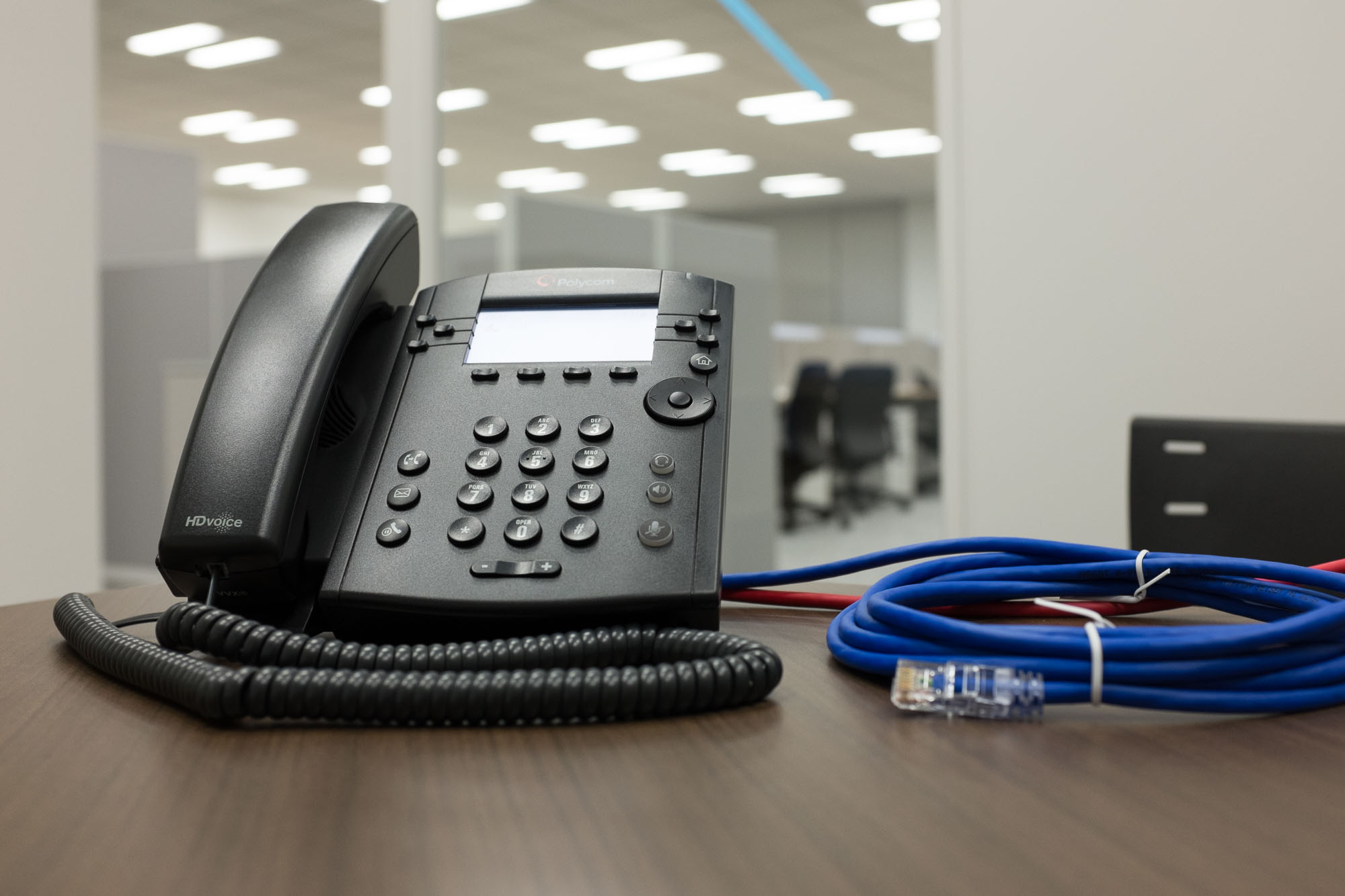Due to the increasing number of people willing to work remotely, remote office phone systems have become increasingly important. Unlike traditional office phones, modern remote office phones require less maintenance and can be expanded to accommodate more phone lines without the need for extensive maintenance or attendance by technical staff.
Workers should be able to use a remote office phone system that provides them with the flexibility and mobility that they need to work remotely.
It should maintain worker communication while also enhancing communication channels. It is possible to remove the maintenance and servicing of telephony equipment in the office by using different options.
The following are the top benefits of a remote office phone system:
1. Pricing
Compared with a fixed phone line at the office, the most compelling reason for getting a remote phone line is cost. Due to their ease of installation and the fact that even the software is more affordable than setting up a landline, non-fixed VoIP systems are more cost-effective than landlines. Further, modern remote office phone systems offer additional features and some of them are even free, reducing company expenses.
2. Adding employee phones to the business phone system
In remote office phone systems, employees’ phones can be integrated to provide even more flexibility in the system. Following the employee phone system is connected to the remote office phone system, calls are diverted to the employee so that they can receive calls at any time, for example while on a business trip. Then they can be contacted when there are issues that need their attention, and they can fix the issues while they are on the move.
The fact that these phone systems work seamlessly with mobile devices means that they are preferred over landlines, which have a lot of limitations for businesses and individuals. It is difficult to integrate landlines and fixed phone connections with mobile devices without major upgrades.
If your office is moving to a new location, you may have to buy a new phone system due to limitations and restrictions. A business that grows rapidly may not be able to utilize landlines for that kind of growth.
3. Benefits of call centers
Call centers have the problem of allowing remote connecting of different employees with different skills and talents without worrying about keeping them under one roof. Employees working remotely will be able to perform different tasks simultaneously or at different times depending on the situation.
Therefore, there will be no need to wait for employees to arrive at the office, saving the company time. Ultimately, the company can save a lot of money on overhead. A small company can launch this way because it is possible to keep costs minimal and to avoid a lot of commitments that come with hiring people onsite.
4. Special features
The features of non-fixed Voice over Internet Protocols, for example, include allowing customers to call for free and integrating mobile devices for workers. Workers have the option to call via video unlike on other fixed systems that wouldn’t allow video calling.
Modern remote office phone systems have extra features that make managing calls easier, allowing employees and customers to interact with ease. They make it easier to interconnect departments, allow for web conferencing, text messaging and can help an organization improve its customer service performance.
Interactive voice response, call recording, time-of-day routing, and sequential ringing are examples of these features.
Working seamlessly is also made much easier with these system features. For instance, employees can send voicemails directly to email, which eliminates the need to retrieve them by calling the phone. Even some business phone systems allow you to automatically transcribe messages and email them to you or to those staff members who may require them. Many even offer automated call response systems.

